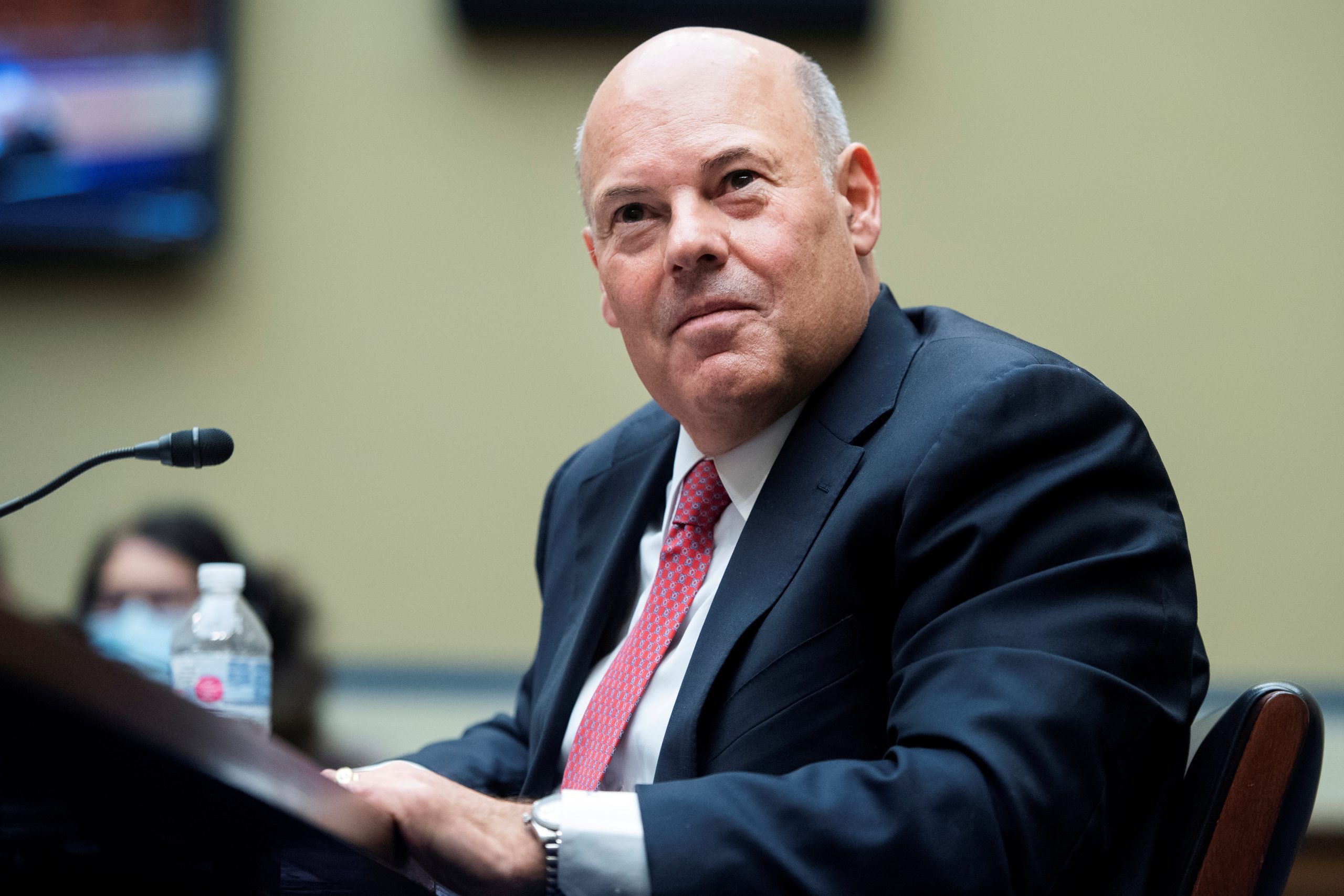U.S. Postmaster General Louis DeJoy received a subpoena from a congressional panel on Wednesday seeking documents connected to his decision to implement changes that Democrats said threatened mail deliveries and the 2020 election.
Representative Carolyn Maloney, a Democrat who chairs the Oversight and Reform Committee, said on Monday that DeJoy had not turned over any additional documents after a hearing.
A spokeswoman for Maloney confirmed on Wednesday the subpoena had been served and that DeJoy must turn over documents by Sept. 16.
A spokesman for the U.S. Postal Service (USPS) confirmed receipt of the subpoena and said the agency was “surprised and confused by Chairwoman Maloney’s insistence on issuing a subpoena to the Postal Service in the midst of ongoing dialogue with her staff.”
DeJoy, who made changes in mid-July that critics said were significantly delaying deliveries, agreed to suspend operational changes until Election Day on Nov. 3 but did not reverse all reforms.
On Monday, the Postal Service conceded performance fell as other parts of the processing network adjusted. It said delivery performance had now returned to early July levels.
The five-page subpoena seen by Reuters seeks numerous documents in connection with DeJoy’s changes, the initial term sheet for $10 billion in Treasury Department loans, and documents and communications between DeJoy and Treasury Secretary Steven Mnuchin, White House Chief of Staff Mark Meadows, or any other White House official.
Separately, New York Attorney General Letitia James on Wednesday sought a preliminary injunction in a lawsuit filed against USPS and DeJoy last week. It seeks to block actions that could delay ballots.
At last week’s hearing, DeJoy sought to assure Americans that delays caused by cost-cutting efforts would not cause ballots to go uncounted in November’s election, when up to half of U.S. voters could cast ballots by mail.
According to a Postal Service inspector general audit released on Monday, election boards mailed more than 1 million ballots out to voters late in this year’s primary election season — within seven days of an election — putting “these ballots at high risk by not allowing sufficient time for delivery” and their return.
(Reporting by David Shepardson; Editing by Chris Reese and Sonya Hepinstall)

























 Continue with Google
Continue with Google